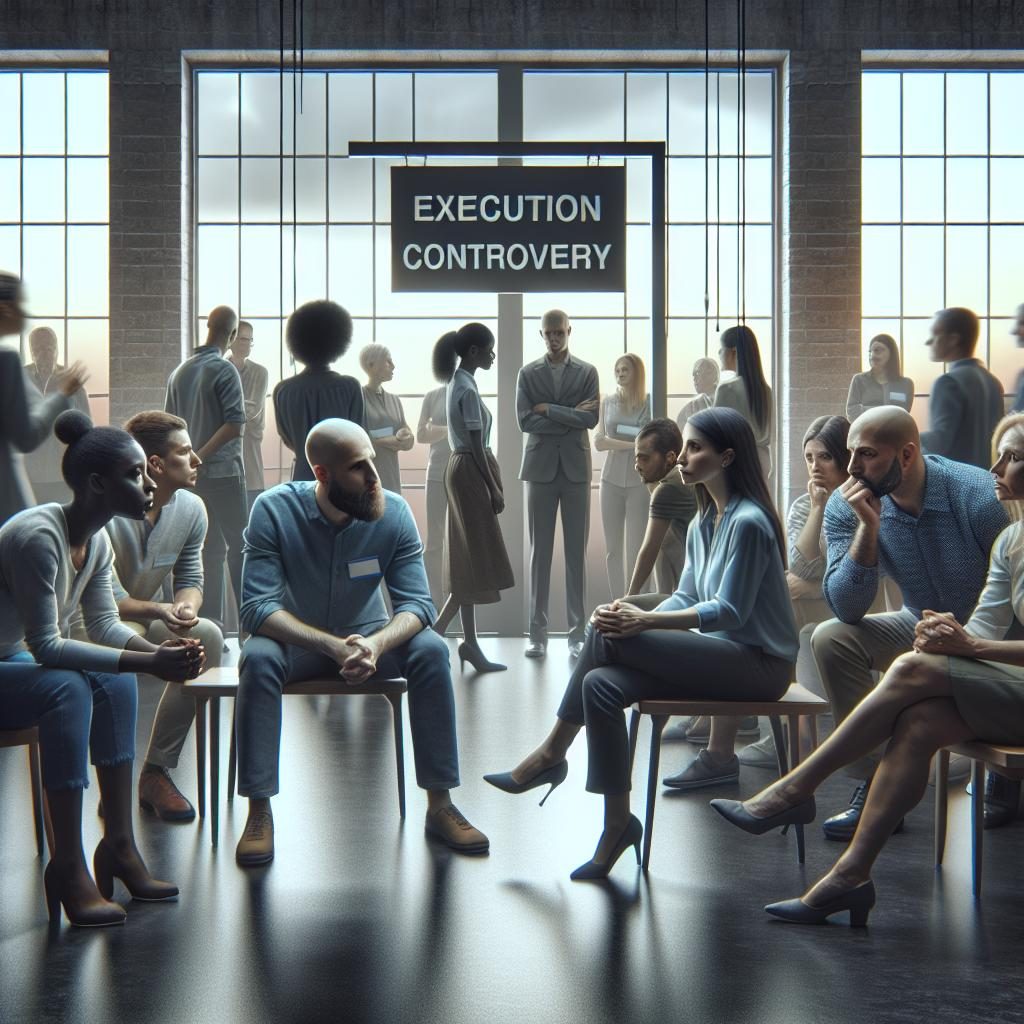Columbia, S.C. Faces Controversy Ahead of First Execution in Over a Decade
In a significant ruling, the Supreme Court of South Carolina has denied a request for more details regarding the lethal injection drugs that will be used in the upcoming execution of Freddie Eugene Owens. Set for September 20, this event marks the state’s first execution in 13 years, stirring various conversations and concerns throughout the community.
Background on Freddie Eugene Owens
Freddie Eugene Owens has been on death row since 1999 after he was convicted for the murder of a store clerk during an armed robbery in Greenville back in 1997. Owens’ legal battle has not been short, as he spent years trying to overturn his sentence. Recently, the court’s ruling in July paved the way for his execution by removing previous legal roadblocks, and a date was set swiftly afterward.
Decision on Method of Execution
Facing the choice of execution methods—lethal injection, the electric chair, or a firing squad—Owens opted not to decide personally. He directed his attorney, Emily Paavlova, to make the decision on his behalf. Owens expressed that choosing a method of execution would go against his religious beliefs. As an adherent of the Muslim faith, he views actively participating in his death as a sin, highlighting the deep conflict he faces in his situation.
Request for Drug Information Denied
Owens and his attorney sought further details about the drugs that would be used for lethal injection, arguing that the information provided by the South Carolina Department of Corrections was insufficient. They claimed that not having access to specific data about the drugs’ quality, potency, and storage conditions left them uncertain about whether the execution would be carried out humanely or result in unnecessary suffering.
In court documents, Owens’ legal team requested access to the testing reports of the drugs, alongside their expiration dates and the conditions under which they are stored. However, the court referenced that testing conducted by the South Carolina Law Enforcement Division was thorough enough and upheld that the provided information should be adequate for Owens to make an informed decision.
Concerns About Execution and Cruelty
Despite the court’s decision, Paavlova has expressed lingering doubts about the adequacy of the information given. In her statement following the court’s ruling, she noted her deep concern for Owens and hopes that the execution process will indeed follow through without causing him undue pain or suffering. “I sincerely hope that the South Carolina Department of Corrections’ assurances will hold true,” she remarked, emphasizing the moral weight that lay on her decisions as Owens’ representative.
The Broader Conversation
As South Carolina prepares for this execution, the topic of the death penalty and the methods employed in such procedures has sparked renewed debate within the community. Various advocacy groups have raised their voices, calling for a reevaluation of how executions are conducted, bringing attention to issues of human rights, ethics, and medical protocols involved in capital punishment.
Looking Ahead
As September 20 approaches, many eyes will be focused on Columbia and the unfolding events surrounding Owens’ execution. This particular case has highlighted critical questions about justice, mercy, and procedural transparency within the complex landscape of the death penalty in South Carolina.
In the weeks leading up to the execution date, discussions about the moral implications of capital punishment and the responsibilities of the state are likely to intensify. It remains to be seen how this will impact public opinion and potential actions from both lawmakers and advocacy groups.







